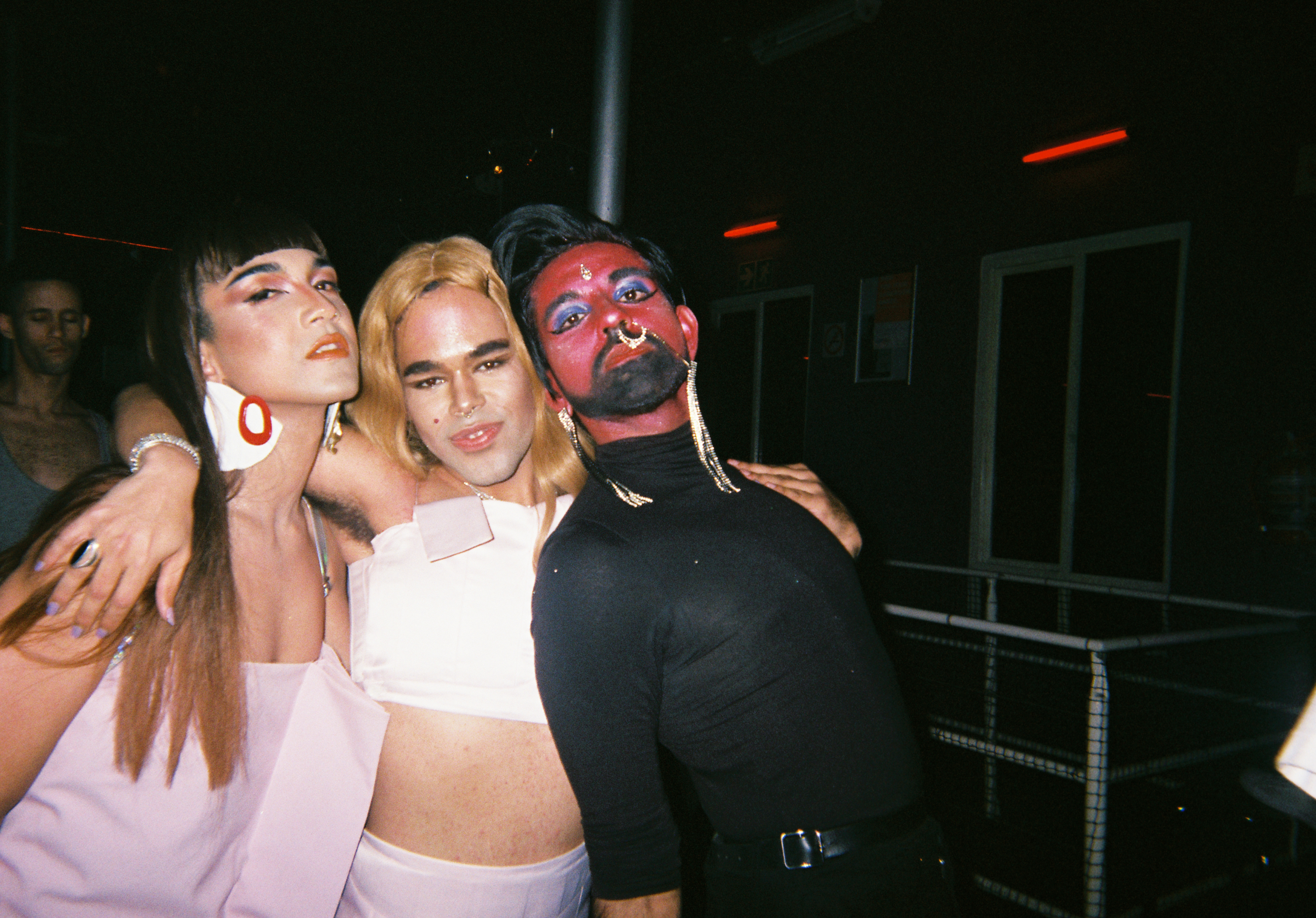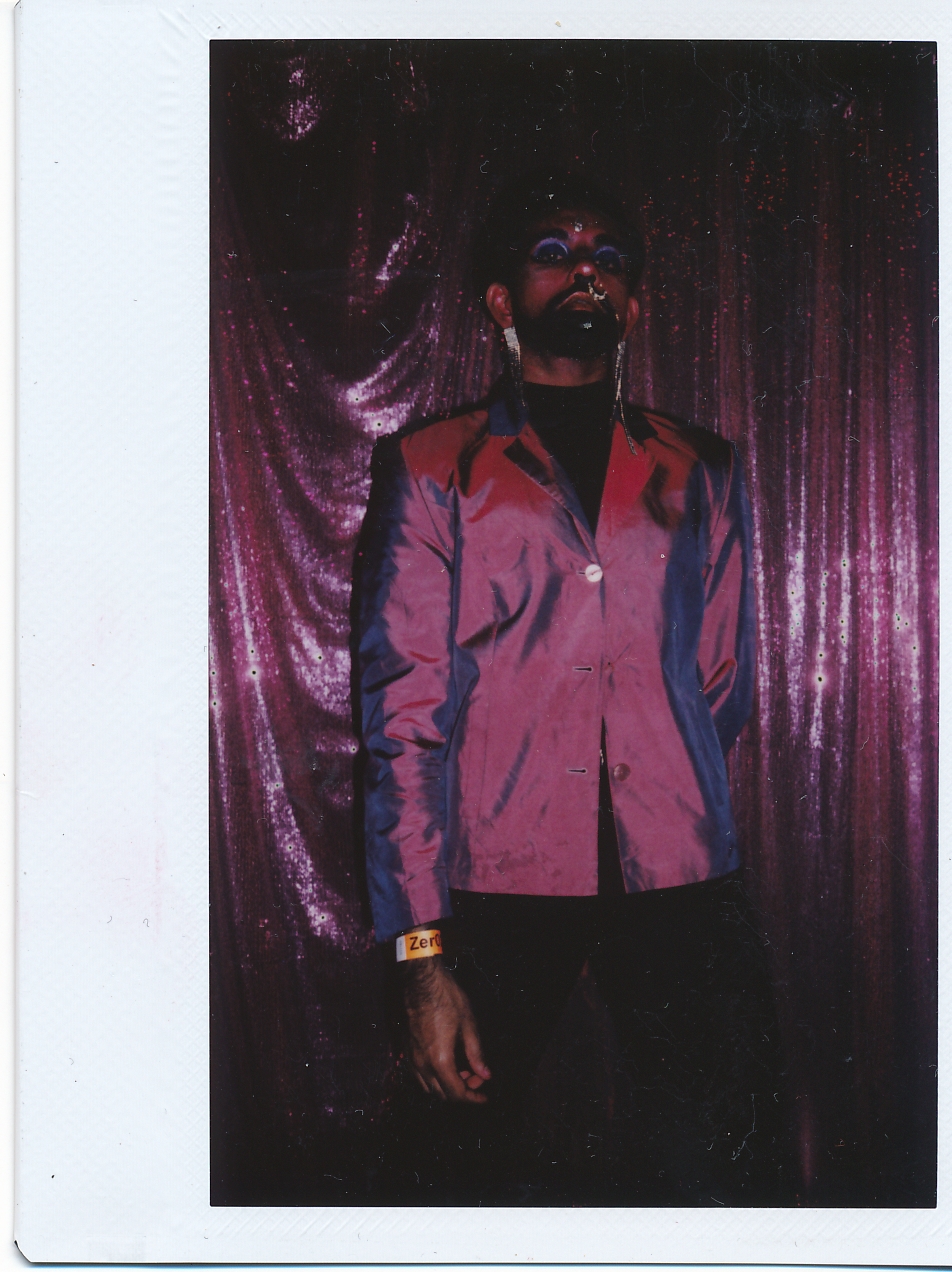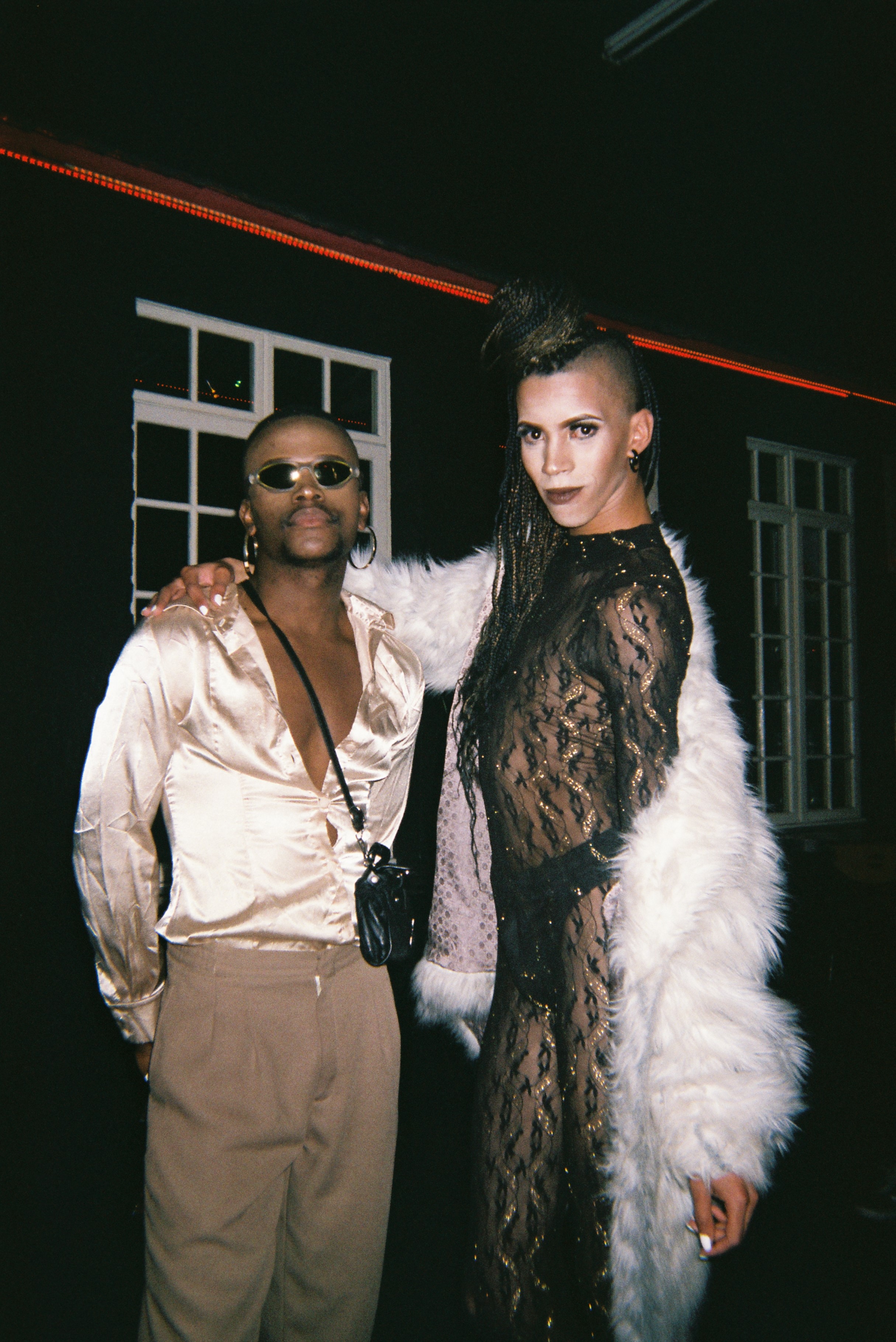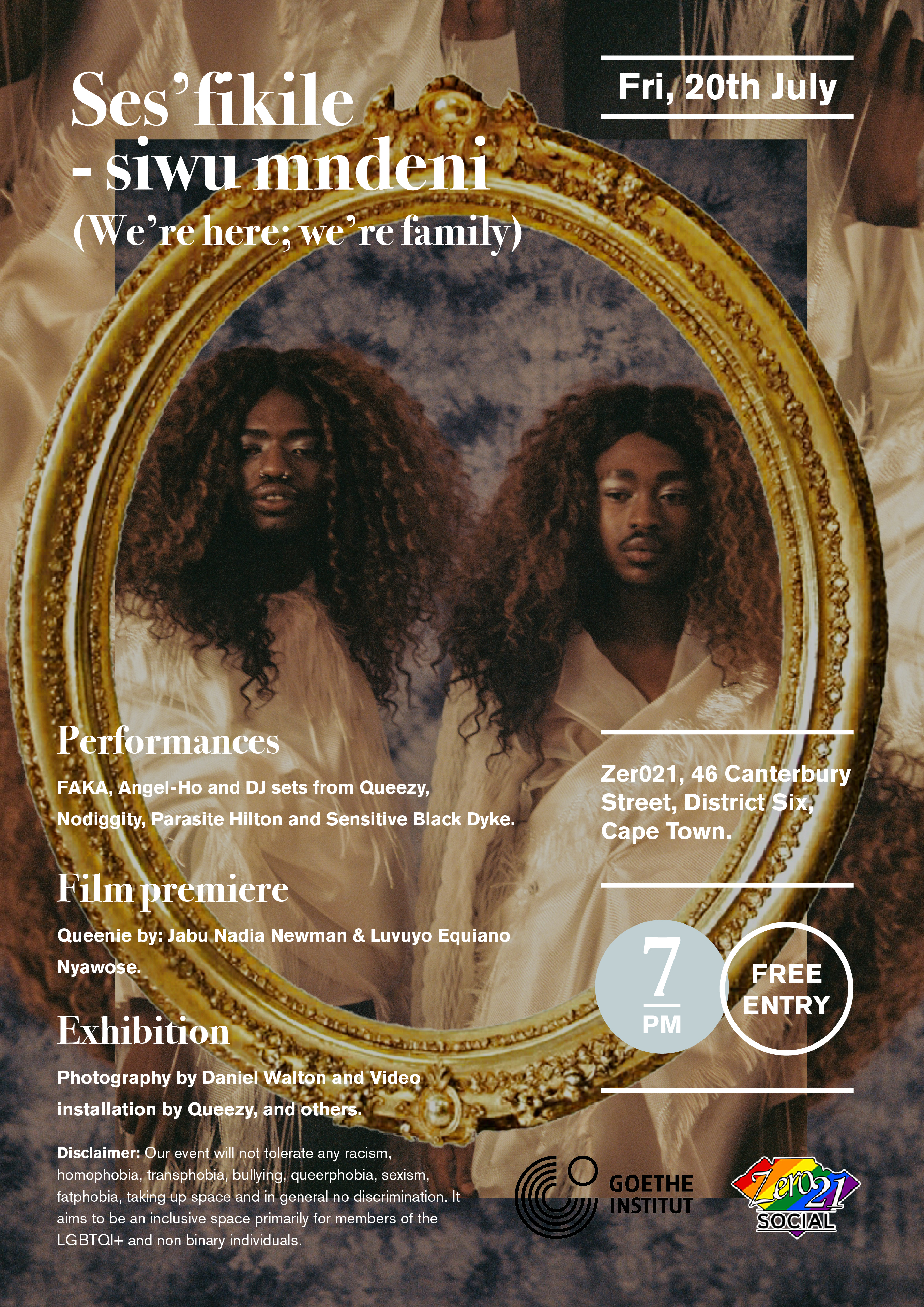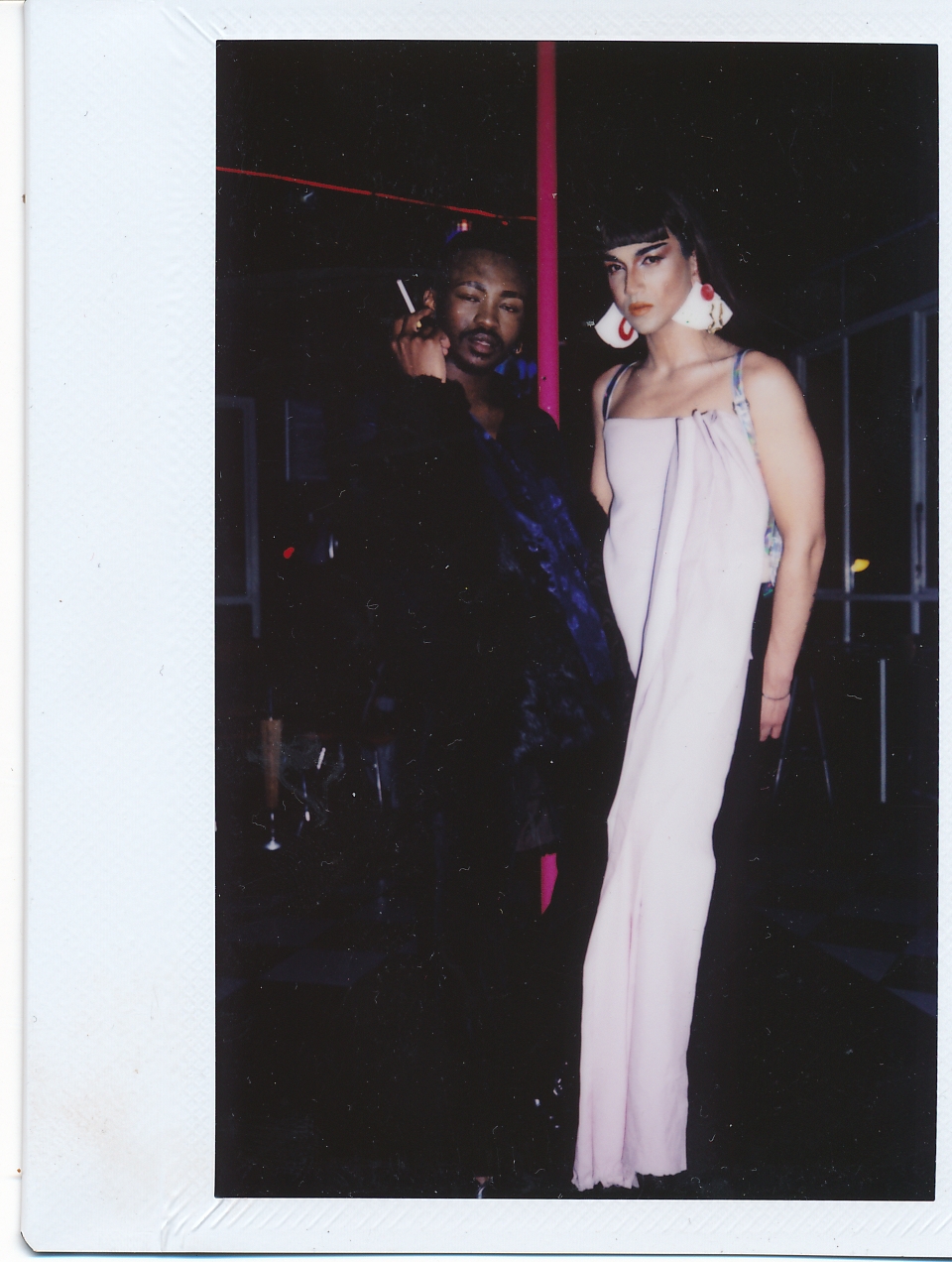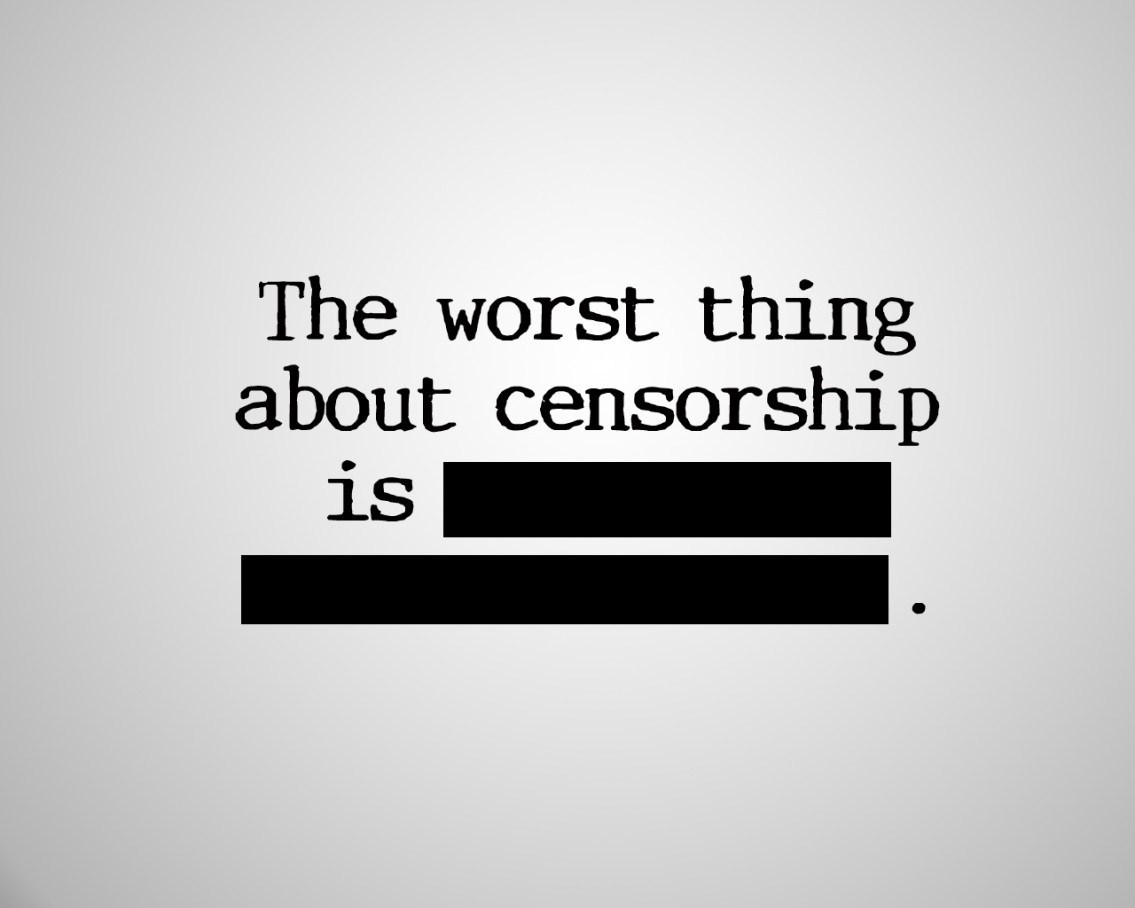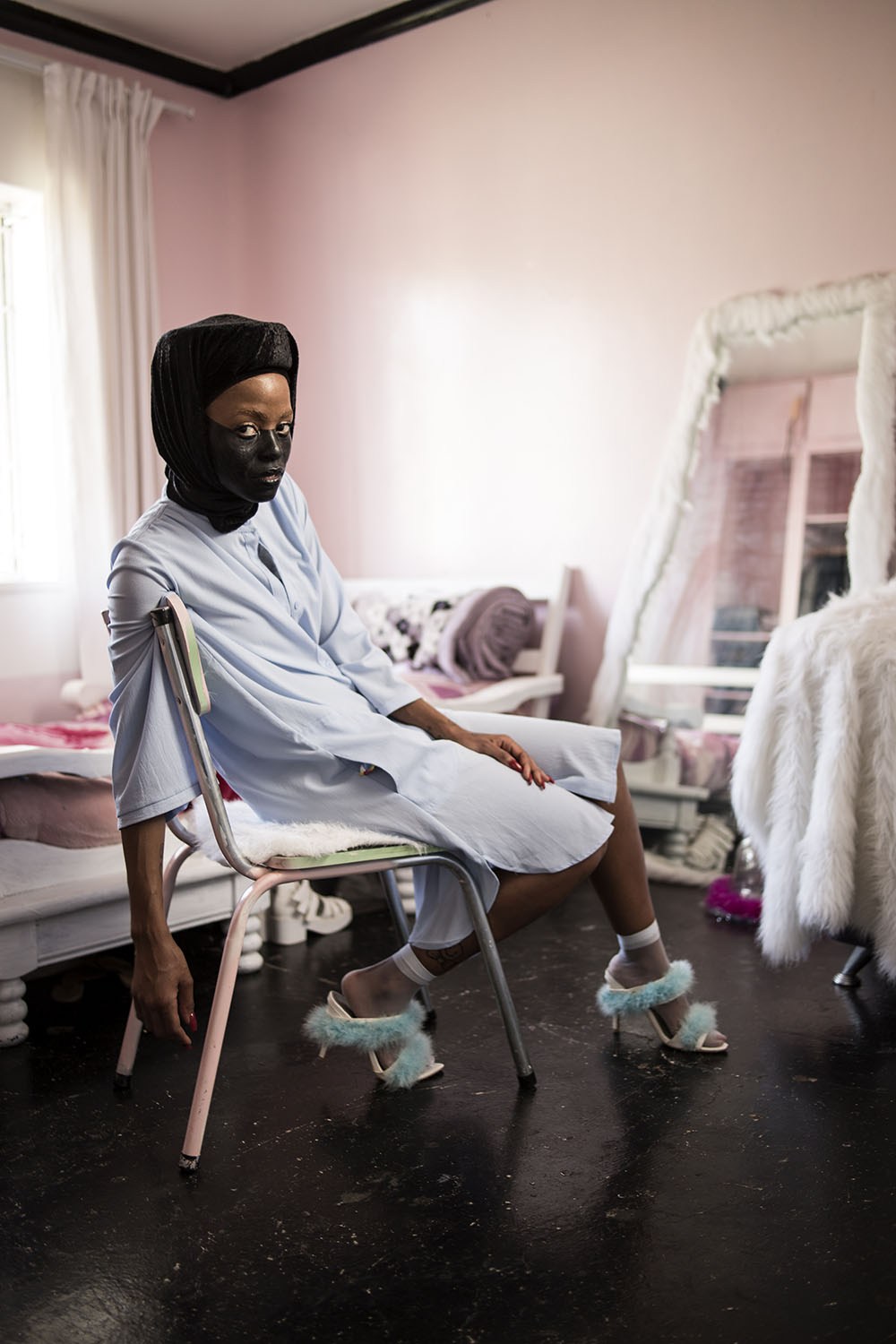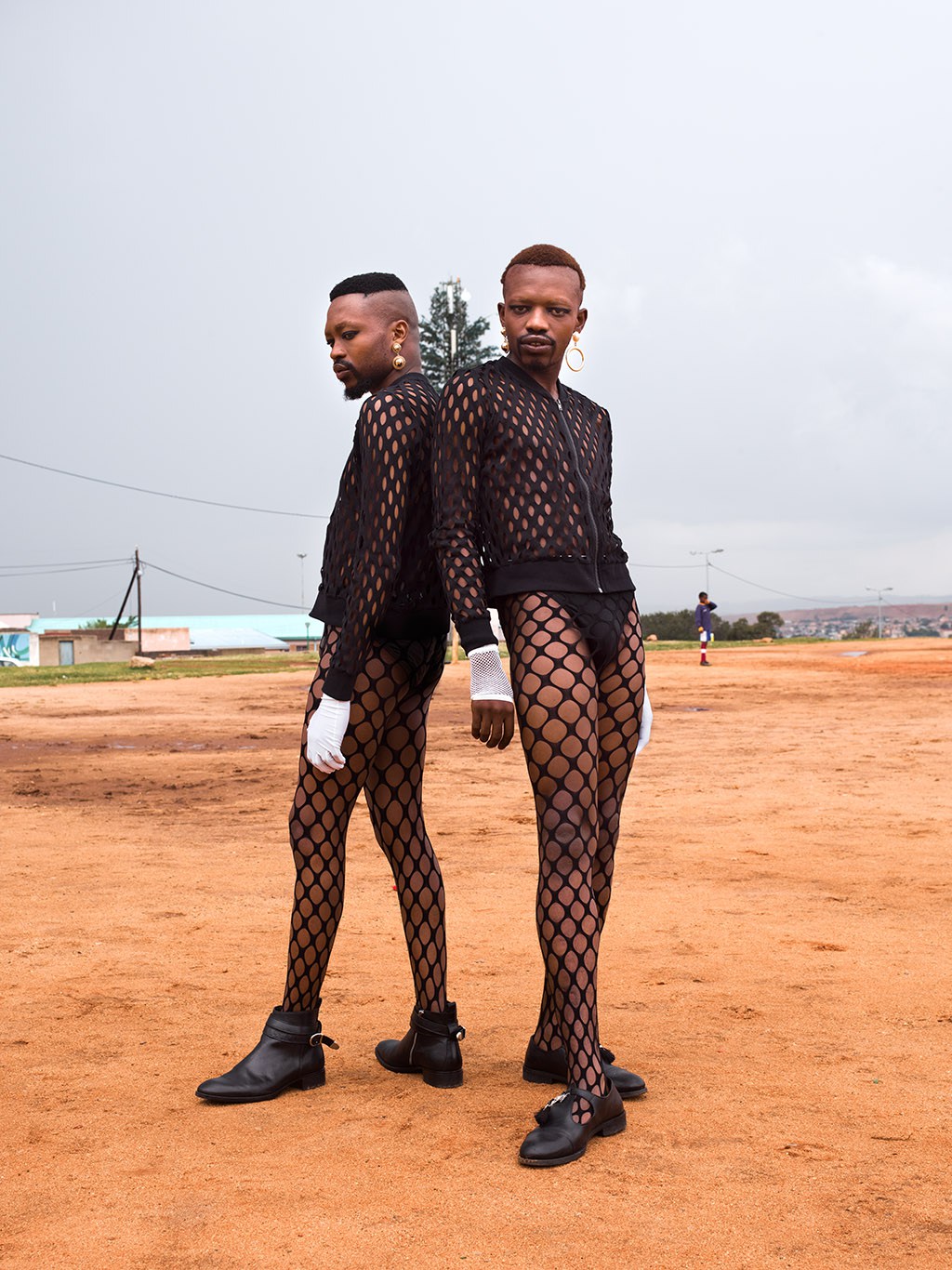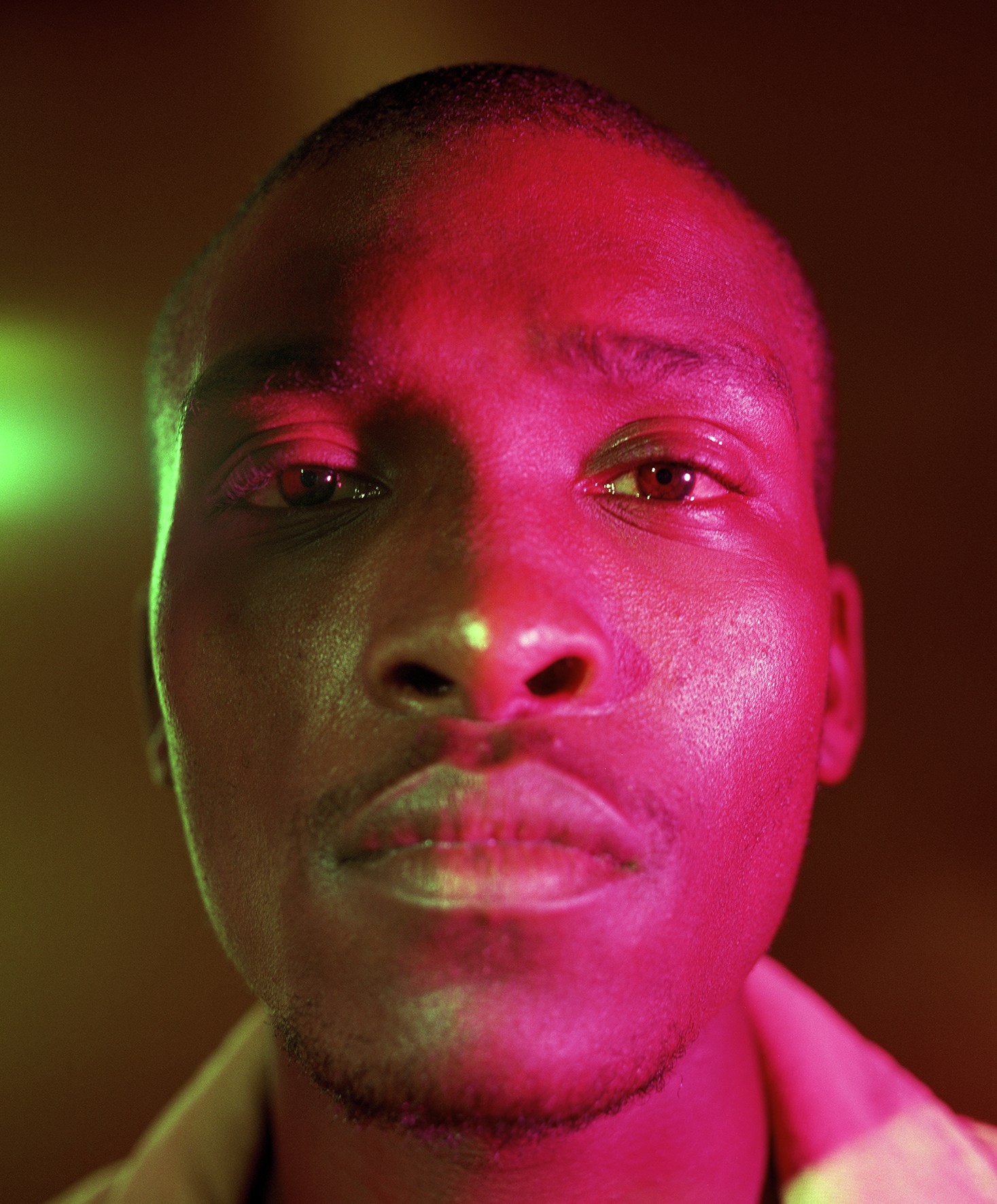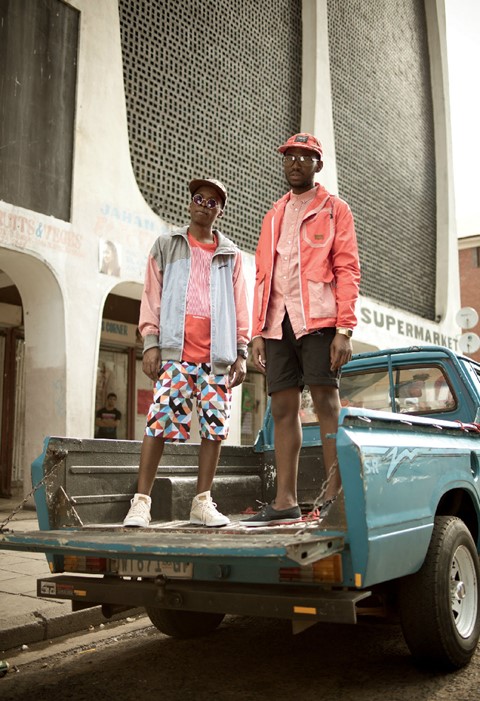Zer021 is an inclusive queer club in Cape Town, and will be the host of Ses’fikile – siwu mndeni on the 20th of July. Translating to ‘we’re here; we’re family’ in English, the name of the event speaks to the importance of queer people celebrating the presence of spaces such as Zer021 as well as the queer artists who continue to push their creative practices.
Siwu Mndeni is the name of the ongoing collaboration between filmmakers and art practitioners Jabu Nadia Newman and Luvuyo Equiano Nyawose. Ses’fikile is the first project in their collaboration. “The whole inspiration for this project was to acknowledge or pay homage to poc queer club spaces that inspire creatives, drive culture and act as a sanctity for individuals who are discovering themselves,” Jabu and Luvuyo explain.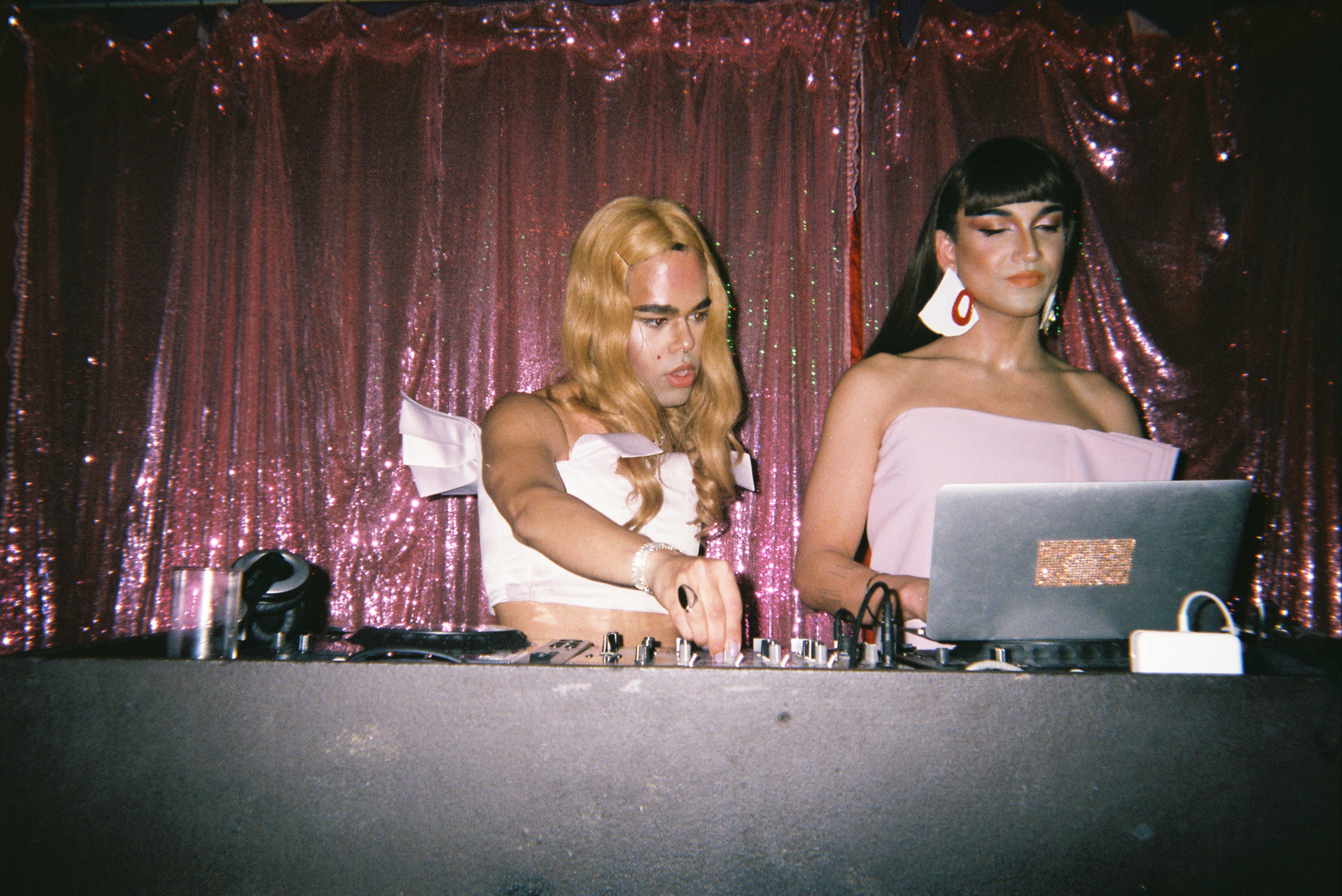 explains.
explains.
Zer021 will be transformed into a gallery space, disrupting ideas around where art can be viewed and who can have access to these spaces. Ses’fikile includes the premiere of the short film/music video produced and directed by Jabu and Luvuyo for FAKA’s latest single ‘Queenie’, produced by Angel-Ho. It will also include powerful photographs taken on set by Daniel Walton. To bring the event full circle, live performances by well-established and relatively new artists and djs will transform the dance floor into an exchange of energetic vibrations through gqom, hip hop, kwaito, house, and experimental sounds. “The lineup consists of artists, acts and DJs who unapologetically carve out their own path and continue to inspire and give back to the community. The lineup consists solely of poc queer artists and incredible performers who are touring Europe and playing in different countries all over the world, yet are hardly get booked in their own country,” Jabu and Luvuyo explain. The performance lineup includes FAKA, Angel-Ho, Queezy, and a DJ lineup with K$, Nodiggity, Parasite Hilton and Sensitive Black Dyke.
“Our event will not tolerate any racism, homophobia, transphobia, bullying, queerphobia, sexism, fatphobia, taking up space and in general no discrimination. It aims to be an inclusive space primarily for members of the LGBTQI+ and non binary individuals.”
Find out more here.
